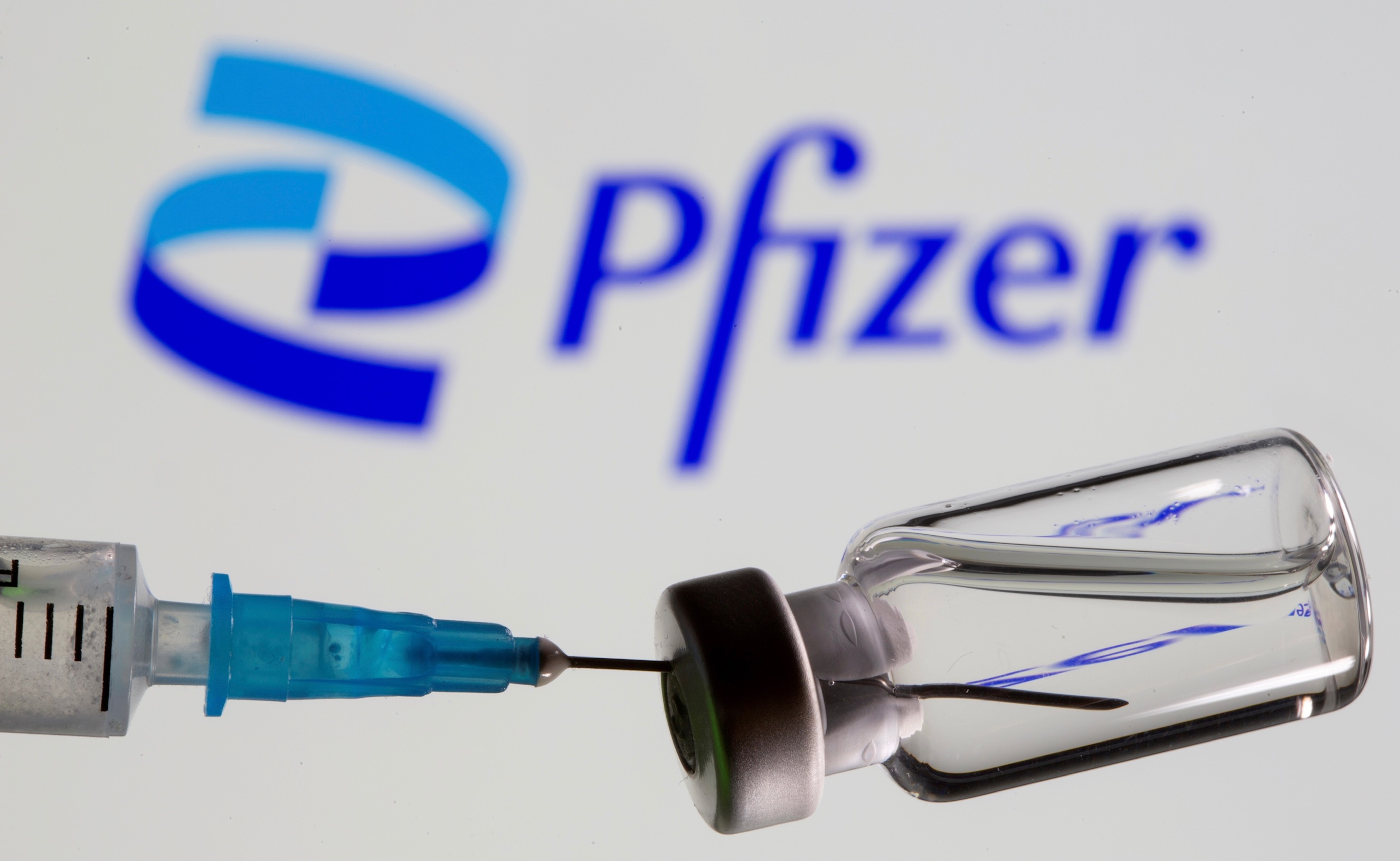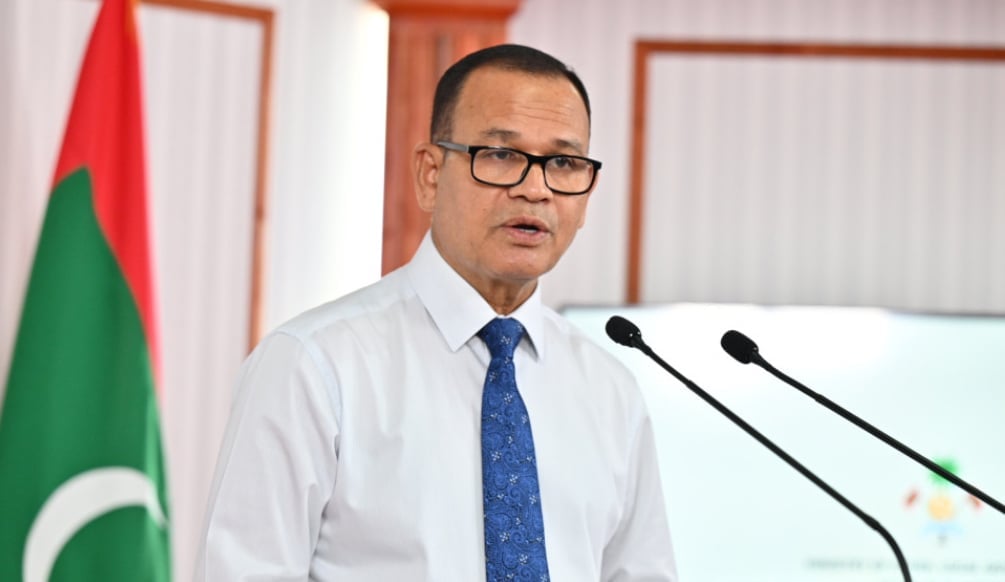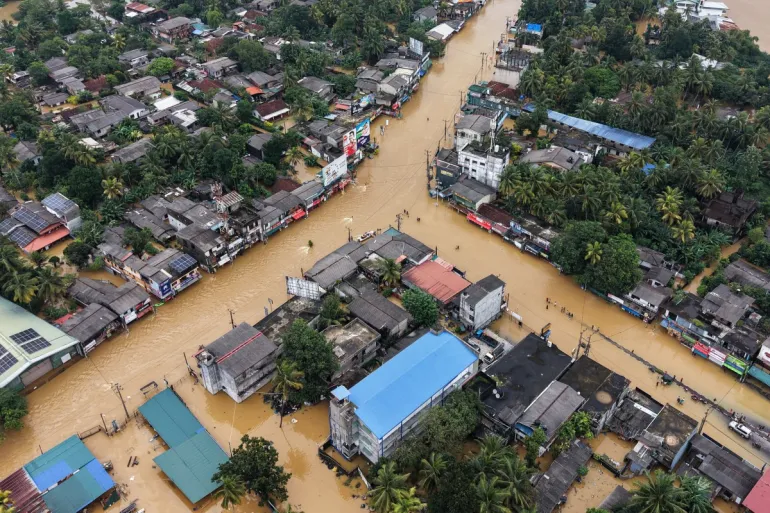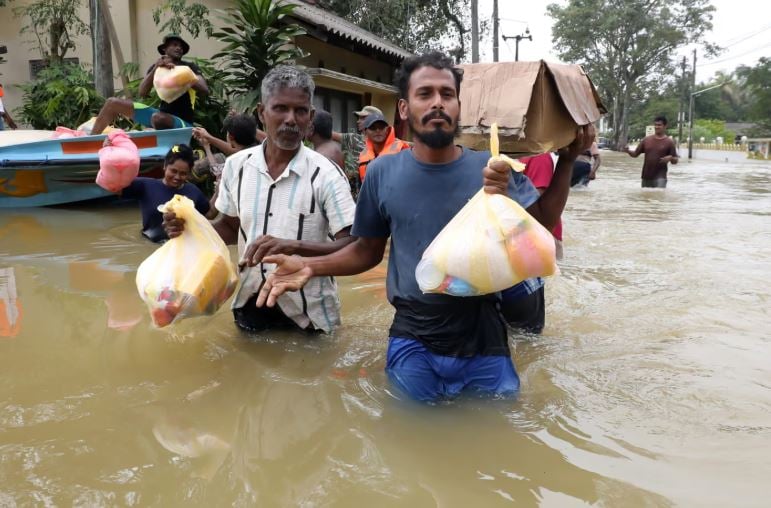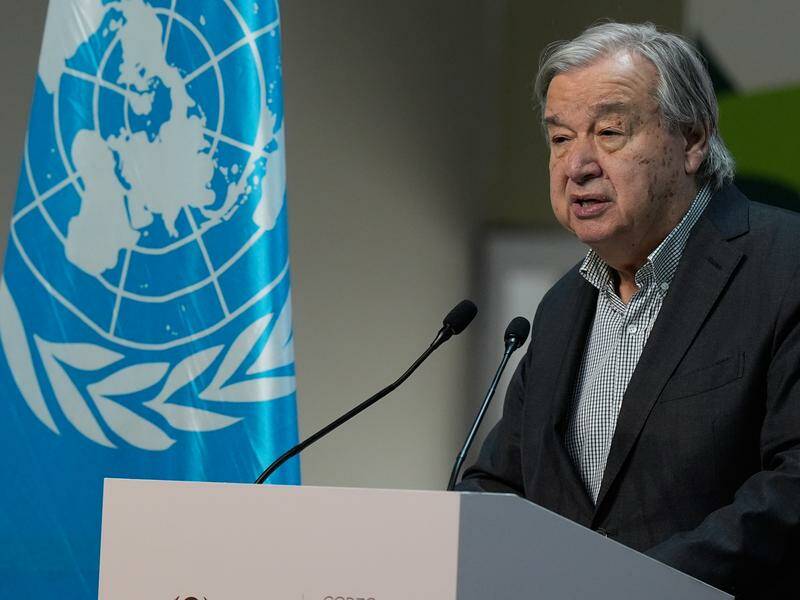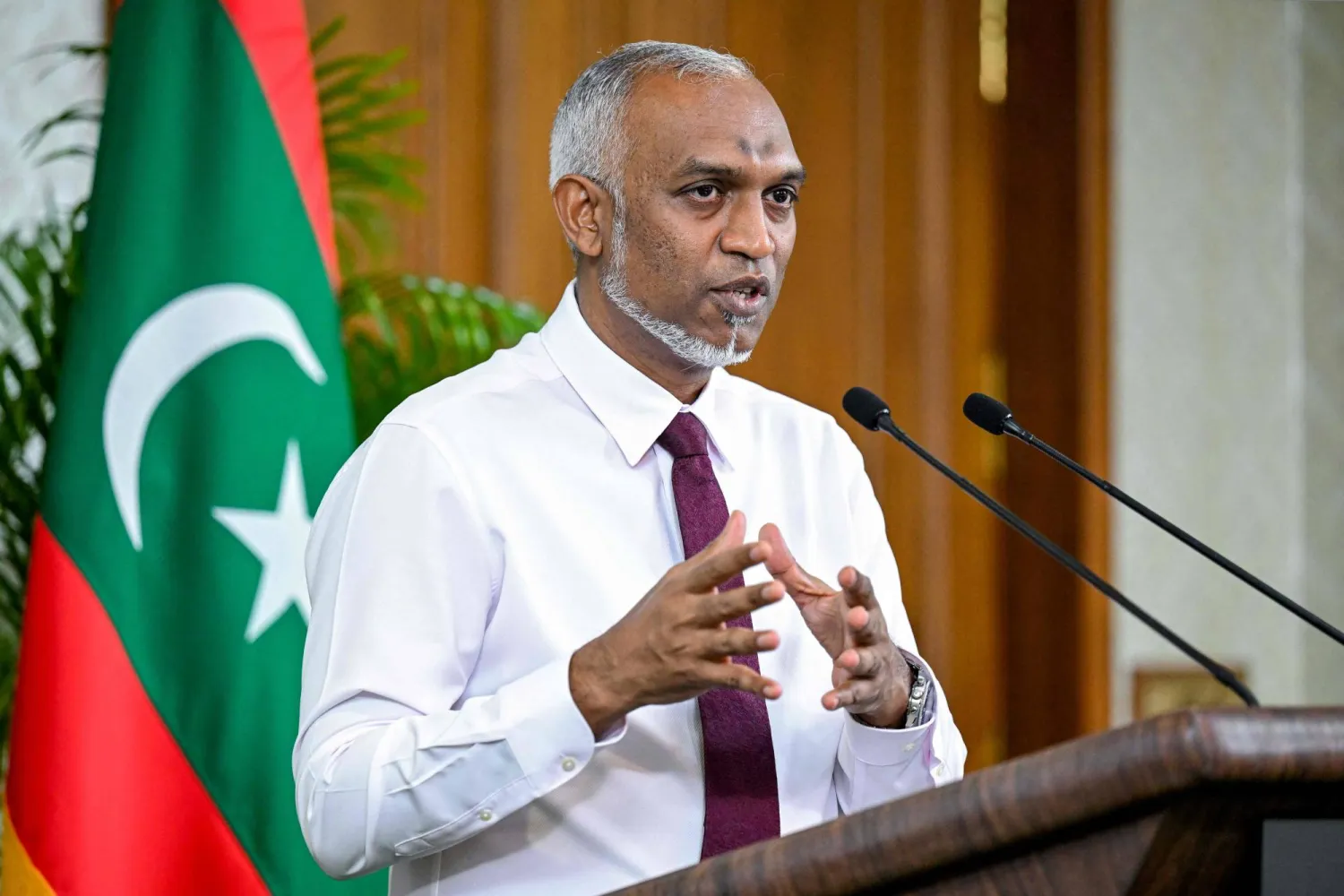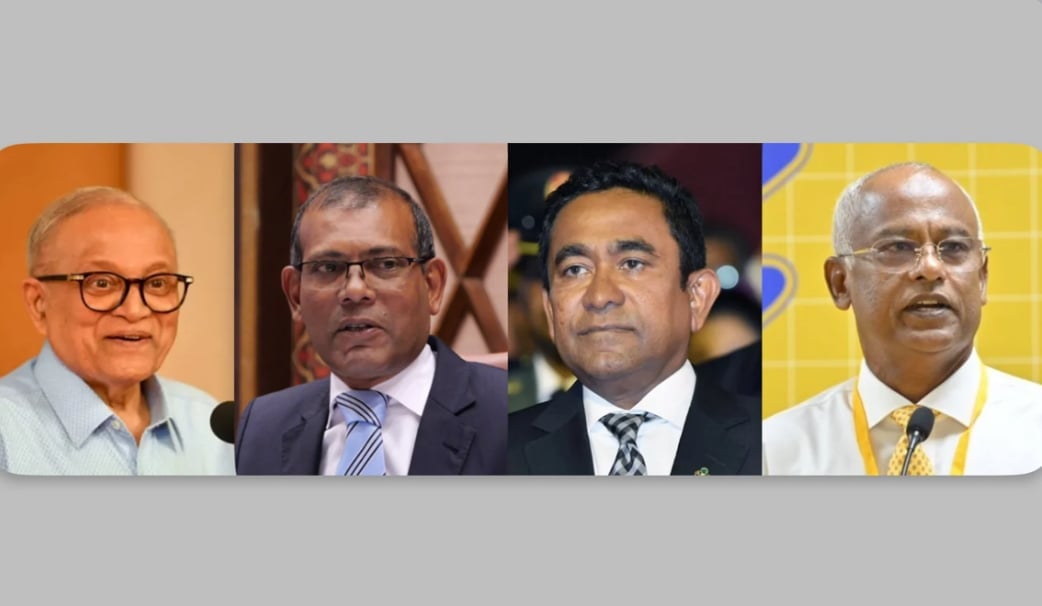Pfizer is about to seek U.S. and European regulators authorization for a third dose of its COVID-19 vaccine, saying Thursday that another shot within 12 months could dramatically boost immunity and maybe help ward off the latest worrisome coronavirus Delta variant.
The US Food and Drug Administration (FDA) and the Centers for Disease Control and Prevention (CDC) said, however, in a joint statement that Americans who have been fully vaccinated do not need a booster Covid-19 shot at this time.
The European Medicines Agency (EMA) said it was too early to determine whether more than the two shots that are currently required would be called for, saying it was confident for now that the established regimen was sufficient.
Some scientists have also questioned the need for booster shots.
Pfizer's chief scientific officer, Mikael Dolsten, said the recently reported dip in the vaccine's effectiveness in Israel was mostly due to infections in people who had been vaccinated in January or February. The country's health ministry said vaccine effectiveness in preventing both infection and symptomatic disease fell to 64% in June.
"The Pfizer vaccine is highly active against the Delta variant," Dolsten said in an interview. But after six months, he said, "there likely is the risk of reinfection as antibodies, as predicted, wane."
Dolsten said early data from the company's own studies show that a third booster dose generates antibody levels that are five-to-10-fold higher than after the second dose, suggesting that a third dose will offer promising protection. Dolsten also said he believes booster shots are particularly important in older age groups.
Pfizer plans to launch soon a placebo-controlled efficacy trial of the booster with 10,000 participants. The study will run throughout the fall, Dolsten said, meaning it will not be completed ahead of the company's filing with the Food and Drug Administration.
The US Food and Drug Administration (FDA) and the Centers for Disease Control and Prevention (CDC) said, however, in a joint statement that Americans who have been fully vaccinated do not need a booster Covid-19 shot at this time.
The European Medicines Agency (EMA) said it was too early to determine whether more than the two shots that are currently required would be called for, saying it was confident for now that the established regimen was sufficient.
Some scientists have also questioned the need for booster shots.
Pfizer's chief scientific officer, Mikael Dolsten, said the recently reported dip in the vaccine's effectiveness in Israel was mostly due to infections in people who had been vaccinated in January or February. The country's health ministry said vaccine effectiveness in preventing both infection and symptomatic disease fell to 64% in June.
"The Pfizer vaccine is highly active against the Delta variant," Dolsten said in an interview. But after six months, he said, "there likely is the risk of reinfection as antibodies, as predicted, wane."
Dolsten said early data from the company's own studies show that a third booster dose generates antibody levels that are five-to-10-fold higher than after the second dose, suggesting that a third dose will offer promising protection. Dolsten also said he believes booster shots are particularly important in older age groups.
Pfizer plans to launch soon a placebo-controlled efficacy trial of the booster with 10,000 participants. The study will run throughout the fall, Dolsten said, meaning it will not be completed ahead of the company's filing with the Food and Drug Administration.





